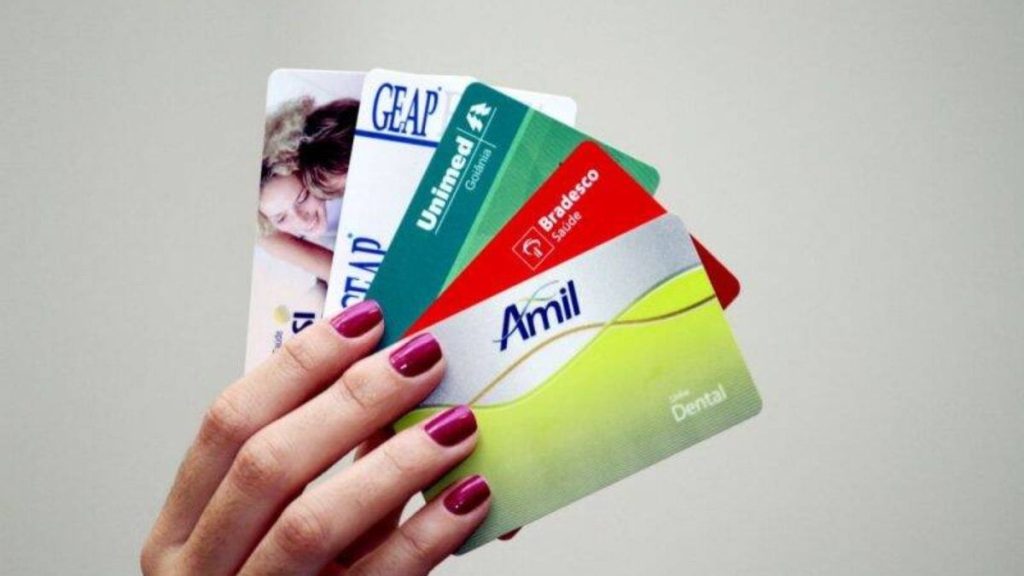Health Plan: The grace period does not apply to emergencies and emergencies, judge says
The grace period stipulated when contracting a health plan for clinical and surgical hospitalization does not apply to urgent and emergency cases. Based on this understanding, Judge Marcelo Carlin ordered the worker to comply with the agreed contract to cover the values of an initially refused emergency surgical procedure for a patient with acute cholecystitis.
In a lawsuit filed with the Second Special Civil Court in the capital, the plaintiff recounts that he began experiencing abdominal pain five months after contracting the company’s plan. He sought medical attention and was referred for tests, but before he could perform them he developed a sudden, sharp pain. The medical team then confirmed the diagnosis of acute cholecystitis and indicated that urgent surgery was required, but the plan refused to cover the procedure due to the lack of a contract. The amount charged by the hospital where the patient was admitted was R$9.7 thousand.
Enter Brasil Econômico Telegram channel
And stay informed of all the news of the day. Also follow the file The public profile of the iG portal
In response, the operator claimed that the plaintiff’s contract was still valid, and was limited to 180 days for clinical and surgical hospitalization. She also confirmed that coverage in urgent and emergency cases during the grace period is limited to 12 hours and outpatient services, without providing hospital care such as hospitalization and surgery.
However, Judge Marcelo Carlin, in making the decision, concluded that the disqualification thesis in view of the length of the contractual grace period did not merit admission. Although the contract provides for a grace period of 180 days for clinical and surgical hospitalization, the judge noted that this provision does not apply to urgent and emergency cases, as defined by the law providing for private health care and insurance plans (Law No. 9656/ 98).
Furthermore, the argument that coverage in emergencies and emergencies, in grace period, is limited to 12 hours, is also not worth flourishing, mainly because it contradicts the legal provision described above, which goes beyond administrative rules nor do we have the aforementioned limitations for cases Urgent and urgent,” Carlin highlighted.
Since the Plaintiff’s contract provides for both outpatient and hospital services to be covered, the judge continued, there is no basis for Defendant’s argument that emergency services would be limited to outpatient services. Obviously a failure to provide the service, Carlin concluded, since the emergency/emergency condition experienced by the author has been proven.
Thus, the referee decides that the plan pays all amounts related to the surgical procedure, both hospital fees and medical fees, totaling R$9,700. Interest and cash correction will be added to the amount. Despite the harassment suffered by the plaintiff, the claim for moral damages was rejected because the company’s deprivation of coverage did not cause him to suffer exceptional situations that would undermine his personal rights. Above all, the sentence indicates, because the performance of the surgical procedure was not affected. The decision can be appealed.

“Hardcore beer fanatic. Falls down a lot. Professional coffee fan. Music ninja.”






More Stories
The law allows children and adolescents to visit parents in the hospital.
Scientists pave the way for the emergence of a new element in the periodic table | World and Science
Can dengue cause hair loss? Expert explains how the disease affects hair